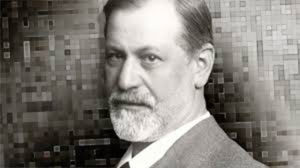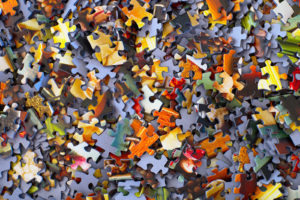Devenir mère au sein d’un couple homosexuel : la place du tiers
Résumé
L’objectif de cet article est la présentation des principales données d’une étude clinique d’orientation psychanalytique portant sur les représentations de la fonction parentale des couples lesbiens demandeurs d’une Insémination Artificielle par Donneur (IAD). La revue de la littérature tant francophone qu’anglophone portant sur la question de l’homoparentalité permet de situer le contexte théorique et méthodologique de la recherche. À travers la présentation de deux vignettes cliniques qui illustrent l’analyse longitudinale et transversale d’entretiens réalisés avec 32 couples de femmes lesbiennes, l’article explore la construction du projet de parentalité au sein du couple. Deux thématiques sont particulièrement abordées : la place attribuée au donneur inconnu et le processus au travers duquel l’attribution des places de la mère sociale et de la mère biologique s’effectue dans le couple. L’exploration de ces deux thématiques permet de constater la paradoxalité à travers laquelle le tiers est présent dans la construction du projet parental des couples lesbiens.
Samenvatting
Het doel van dit artikel is de presentatie van de belangrijkste bevindingen van een psychoanalytisch georiënteerde klinische studie die betrekking heeft op de representaties van de ouderlijke functie bij lesbische koppels die een kunstmatige donorinseminatie aanvragen. een literatuuronderzoek gebaseerd op angelsaksische en Franse publica-ties laat toe de theoretische en methodologische context van dit onderzoek te situeren. er worden twee klinische vignetten gepresenteerd die een longitudinale en transversale analyse illustreren. deze analyse heeft betrekking op gesprekken die gevoerd werden met 32 koppels van lesbische vrouwen. Het artikel exploreert de constructie van het ouderschapsproject in de beide leden van het koppel. Twee thema’s worden vooral geëxploreerd: de plaats die wordt toegekend aan de onbekende donor en het proces waarbij de plaats van de sociale moeder en van de biologische moede worden toebedeeld. uit deze exploratie blijkt dat de derde aanwezig is in de constructie van het ouderlijk project van lesbische koppels. Er wordt nog verder ingegaan op de paradoxale aard van deze bevinding.
Summary
this article seeks to present the data of a psychoanalytically-based clinical study on the representations of the parental function among lesbian couples wanting Artificial Insemination by Donor (AID). The review of the French-speaking and english-speaking literature on homoparentality gives the theoretical and methodological context of the research. through the presentation of two clinical cases which illustrate the transversal and longitudinal analysis of interviews with 32 lesbian couples, the article explores how these couples build their parentality. two themes are emphasised: the position given to the donor by the couples and the process through which the couple progressively differentiates between a biological mother and a social mother. reviewing these two themes leads to stress the paradox of the presence of the third person in the construction of parenthood among lesbian couples.





